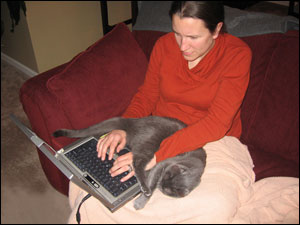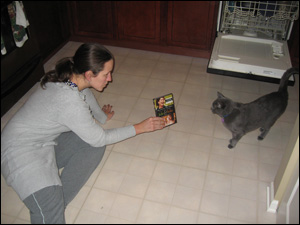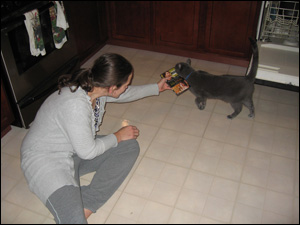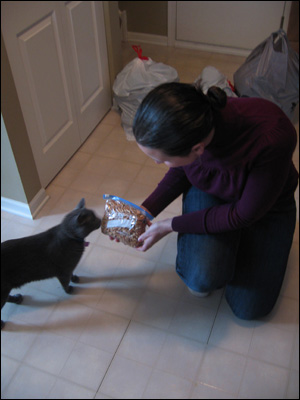Gossiping. We all do it from time to time. It’s so fun, yet so wrong… right?
There was an interesting article in the Wall Street Journal yesterday – “Killing Gossip with Kindness.” The article discussed methods teachers are using to quell student gossiping, rampant gossiping on the internet, and the merit of gossiping.
Quelling Gossiping in Schools
A teacher quoted in the article said kids today seem more sarcastic than past generations. She suggests to students that before saying something about someone else, to ask themselves, “Is it kind? Is it true? Is it necessary?“
What a great triad of questions to remember. It seems obvious to think through these questions before you open your mouth, but of course, we don’t. And while I have to say – I think many kids are just MEAN – I believe this exercise would be helpful and develop good habits.
Rampant Gossiping on the Internet
The article mentions the plethora of gossip online, and how it can permanently tarnish your image – because it’s online forever. We bloggers are familiar with this. People seem to be apt to say things online, behind the safety of a computer screen, that they would NEVER say in real life.
Professor Daniel Solove*, who wrote a book about internet gossip, was quoted:
Given the times we live in, he says it can’t hurt to reinforce in our children the need to ask: “Is it kind? True? Necessary?” But he suspects that “we can’t make people nicer. So we need to keep pushing legal consequences.” He advocates the strengthening of laws against Internet irresponsibility, arguing that the specter of being sued is the best weapon to slow down malicious gossip.
Can you imagine being sued for what you say online? That seems like an invasion of freedom of speech, but hey, it wouldn’t surprise me.
The Merit of Gossiping
To me, the most interesting part of the article was the section with quotes from Professor Susan Hafen**. She argues for gossiping:
In her research, she has found that workplace gossip often serves a positive function. For instance, it helps people conform: When we gossip about someone who got fired, we learn what happens to people who break the rules.
At the same time, gossip is a social interaction. “Is it kind? Is it necessary? Those are good questions,” says Dr. Hafen. “But it would be a boring world if we always had to tiptoe around, being kind. For one thing, we wouldn’t be able to tell any jokes.”
More seriously, she says, prohibiting gossip that isn’t “kind” may be a way of “avoiding unpleasantness, of fence-sitting, of not rocking the boat. If we only tell kind stories about people, then we may be avoiding holding people responsible for their actions.”
That last sentence quoted is what I struggle with – keeping my mouth shut and letting other people get away with irresponsible behavior. No matter how hard you try to communicate your concern, it can still be perceived as an attack to the person, rather than a discussion of their actions (or lack thereof).
What do you think of the article? Are you going to ask yourself “Is it kind? Is it true? Is it necessary?” Are internet laws against gossiping appropriate? Is there merit to gossiping? Do you think you need to cut back on gossiping? (please comment on what particularly interests you from the article!)
Overall, I can say I gossip much less than I used to, and that is a direct reaction to the work environment I entered in December of 2008. But, there ARE people who irk me the wrong way, ALL THE TIME, and boy, does Steven get to hear it. I make a conscious effort to try to say some nice things about them from time to time as well, but yeah, not all the time. I am going to start asking myself the three questions.
Bonus Question: Have you ever tried to remain neutral when with a group of people who are gossiping?
I have. You don’t say anything and they get VERY upset. It makes them feel bad. I’ve been in this situation a lot.
*From George Washington University Law School.
**A professor of communication at Webster State University in Ogden, Utah.

 What are your tips for reducing spending?
What are your tips for reducing spending?












